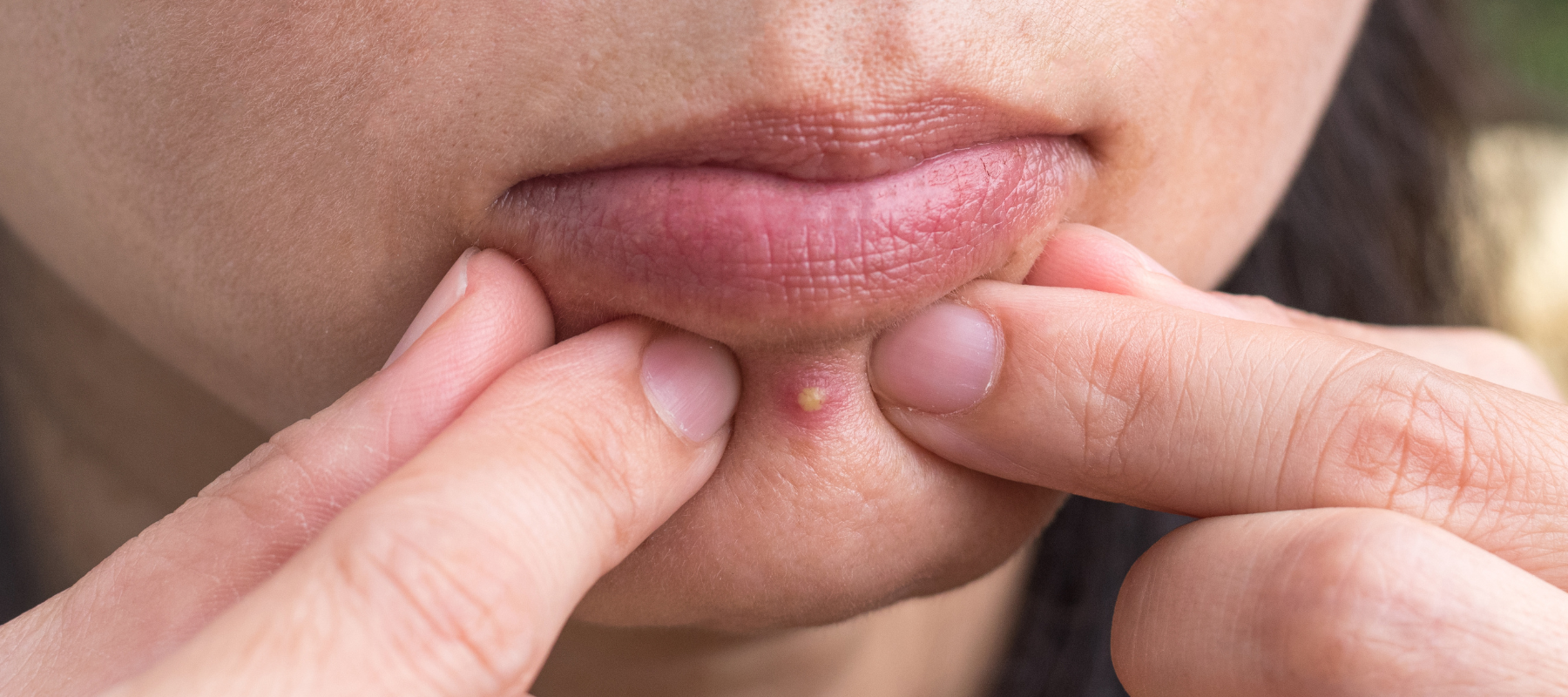
Understanding the Causes of Pimples on Face in Adults and How to Balance them Naturally
Healthy and glowing skin is all people want. But pimples, also known as acne, can threaten the skin’s health, making it vulnerable to frequent breakouts. Especially during occasions, acne breakouts become excessively frustrating, for which people often blame their skin type. But this should not be done as various factors might contribute to the rise of acne. Read carefully to know about them in detail.
What Causes Pimples On The Face In Adults?
Although the problem of acne is commonly associated with adolescents, it can occur in adults for various reasons. Below are listed the most common factors that lead to the cause of pimples:
Hormonal Changes:
Hormonal changes during puberty, pregnancy, menstruation, and menopause are among the most common reasons behind the causes of pimples on face in adults. Especially stimulation of the sebaceous glands by hormones like androgens leads to an increase in the product of oil that tends to clog pores. This eventually leads to acne breakouts.
Dietary Choices:
You must have been aware of the fact that a person’s dietary choices also contribute to securing healthy and glowing skin. Consumption of foods containing carbohydrates, dairy products, and foods containing sugar can stimulate acne in adults. Research has also found that a diet low in omega-3 fatty acids and high in omega-6 fatty acids is also responsible for frequent acne breakouts.
Stress:
Stress increases the cortisol hormone production in the body, which triggers sebaceous glands leading to the cause of pimples on the face. Therefore, to reduce stress, experts always recommend meditation, which is also beneficial for skin health.
Use Of Specific Medications:
Doctors often recommend medications such as anticonvulsants, lithium, and corticosteroids to cure specific health conditions. These medications are often recognised to be the causes of pimples on the face in adults.
Skincare Products:
Including comedogenic ingredients in skin care products like petrolatum also tends to clog the pores and eventually result in acne breakouts. Therefore it is always recommended to consult a dermatologist before settling on skin care products. Alternatively, you can opt for a more holistic approach by buying Overnight Acne Spot Corrector from The Pink Foundry. It clarifies skin & shrinks existing breakouts, whiteheads, and blackheads.
Also read: Different Types of Skin and Skincare Products to Be Used
Genetics:
If a person has a family history of acne, then the chances of getting acne increase irrevocably.
Environmental Factors:
Lastly, excess exposure to humidity, a specific type of oil and pollutants, is also a reason behind what causes acne on the face. People living in such areas must indulge in special skin care to save their skin’s health.
What Causes Pimples On The Face?
Considering acne breakouts on a specific part of the body, i.e., on the face, several factors contribute to this frustrating skin issue. Below are some extremely common factors:
Increased Oil Production:
A king of natural oil called sebum is produced by the sebaceous glands that help lubricate and protect the skin’s health. If the production of oil increases, it tends to clog the pores, which leads to pimple formation on the face.
Bacteria:
Several kinds of bacteria exist on the skin. One of them is Propionibacterium acnes, which causes inflammation in the skin, eventually resulting in acne breakouts.
Hormonal Fluctuations:
Fluctuations in the hormone also contribute as one of the major causes of pimples on the face. Such fluctuations especially happen during pregnancy, menopause, puberty, and menstruation.
Dead Skin Cells:
The skin frequently sheds dead skin cells, which results in clogged pores when mixed with excess oil. Clogged pores are often considered the central reason behind the cause of pimples.
How Are Hormones And Pimples Related?
As mentioned earlier, fluctuations in hormones or hormonal imbalances are common factors behind what causes pimples on the face. Hormones like androgens found in both females and males trigger the sebaceous gland and lead to excess oil production. Excess oil production clogs the tiny pores on the skin’s surface, thereby forming acne or pimples.
For women, hormonal fluctuation especially occurs during pregnancy, menstruation, and menopause. It is essential to note that treating hormonal acne might require different treatment approaches. Consultation with a dermatologist would prove beneficial in the long run.
How Are Dietary Choices And Pimples Interconnected?
Researchers have found that certain dietary choices and habits make people more vulnerable to acne breakouts. For instance, food products high in sugar and carbohydrates and other dairy products like cheese, yogurt, and milk stimulate the development of acne in some people. Certain dairy products might also increase the levels of IGF-1, which is known to trigger acne development.
On the other hand, high GI (glycemic index) foods, including sugary drinks, pasta, and white bread, rapidly increase blood sugar levels triggering sebaceous glands and leading to pimple breakouts in adults.
How Are Stress And Pimples Interrelated?
When stressed, the cortisol hormone triggers sebaceous glands, increasing the oil production in the skin. Excess oils clog the pores and lead to acne problems. Getting a good night’s sleep and meditating daily can help you remain calm and ensure good skin health.
How Are Skincare Habits And Pimples Related?
The skincare habits of an individual also trigger acne development, such as over-exfoliating the skin or not cleansing the skin properly. If the skin is not regularly washed and taken care of, all the outside dust, bacteria, and excess oil accumulates on the skin, making the tiny pores blocked. Blockage of pores is another reason behind what causes acne on the face.
Conclusion:
To determine an effective treatment strategy, knowing the causes is essential. This makes it easier to consider various methods that will prove effective in securing healthy and glowing skin. A dermatologist can help you with expert suggestions and an effective skincare regime and choose the right products.























































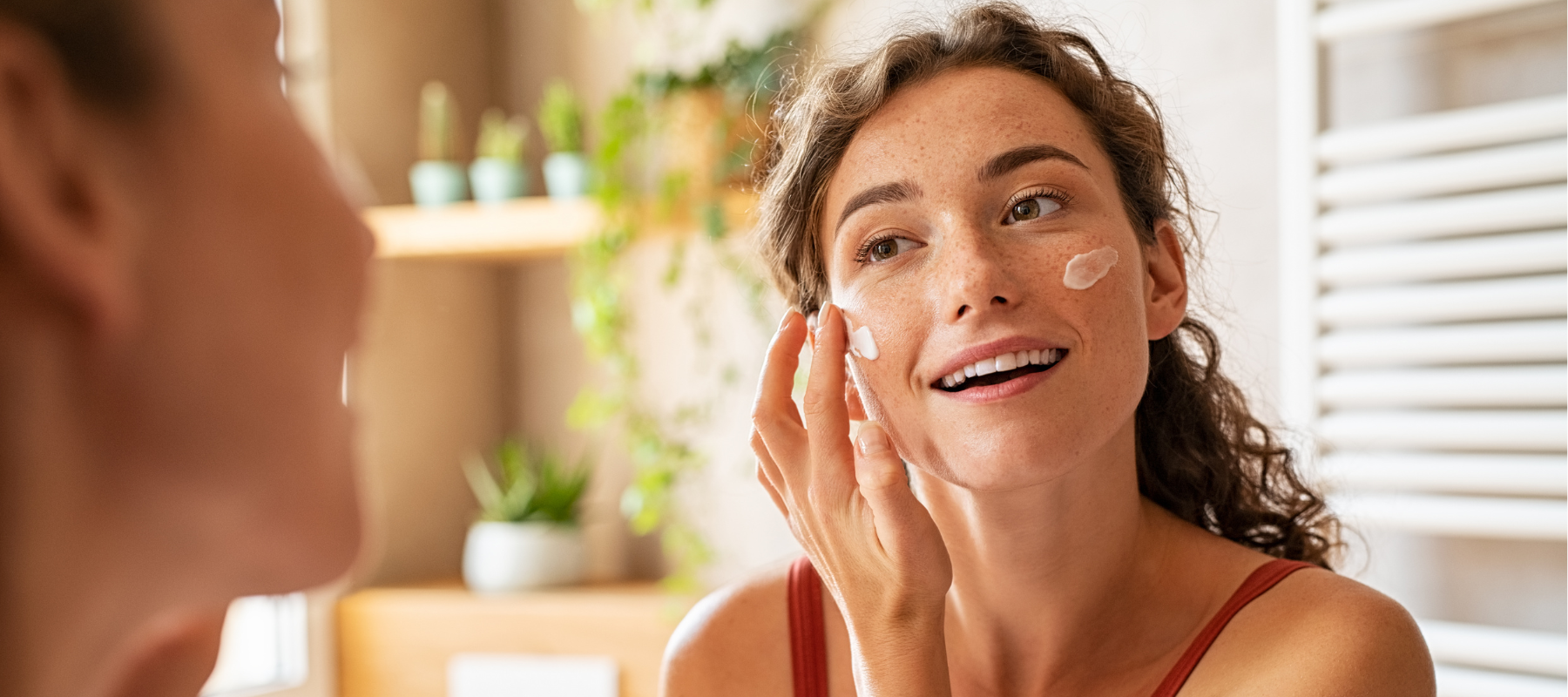
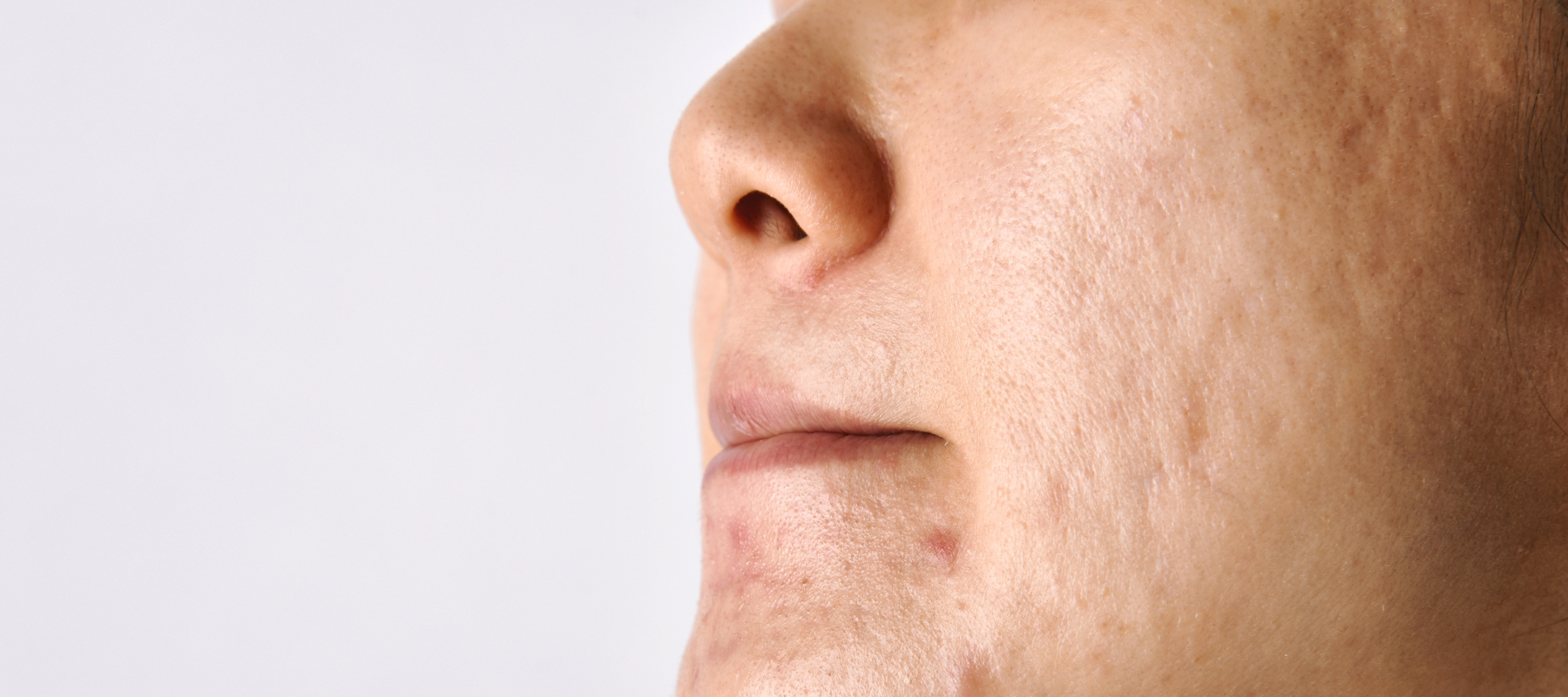
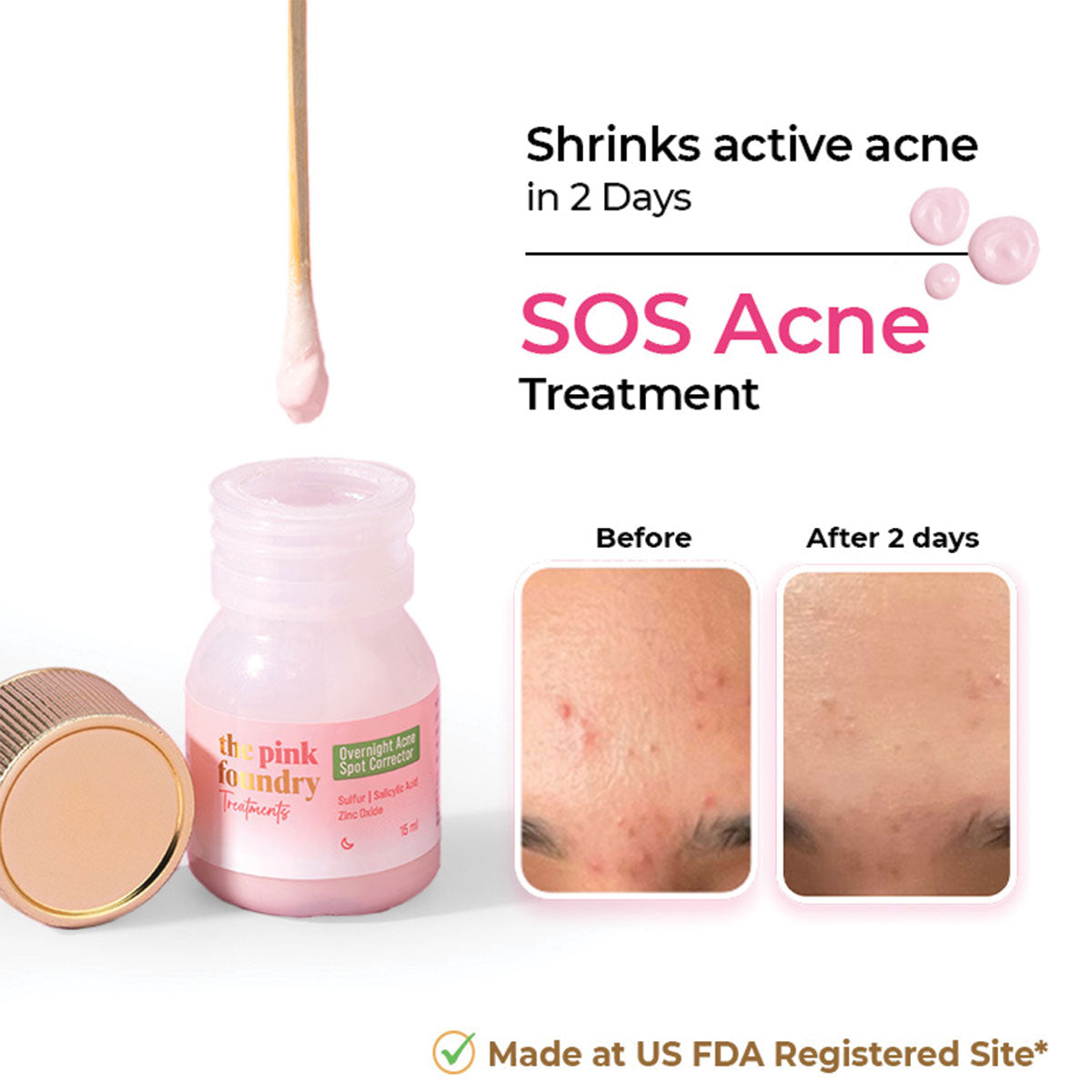
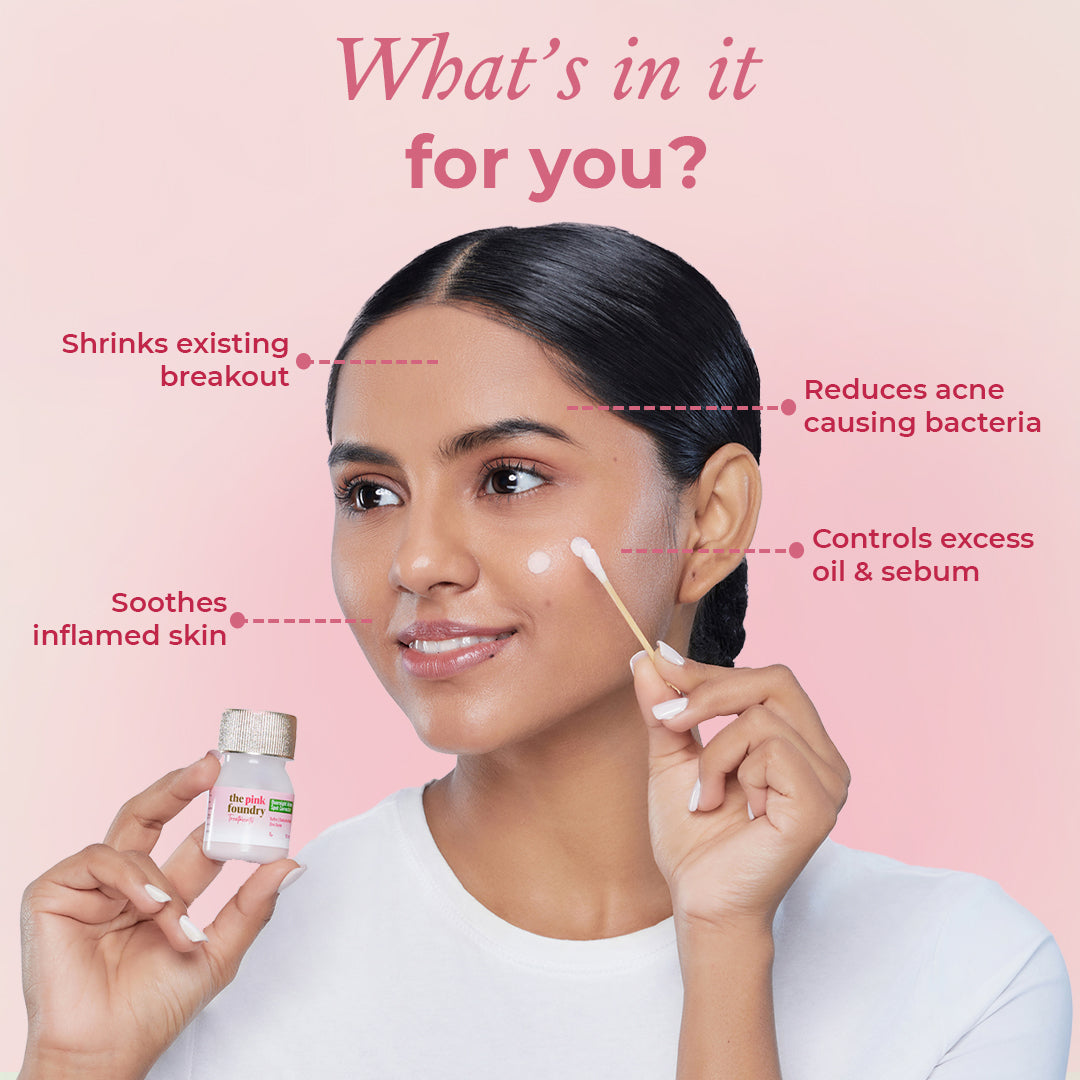


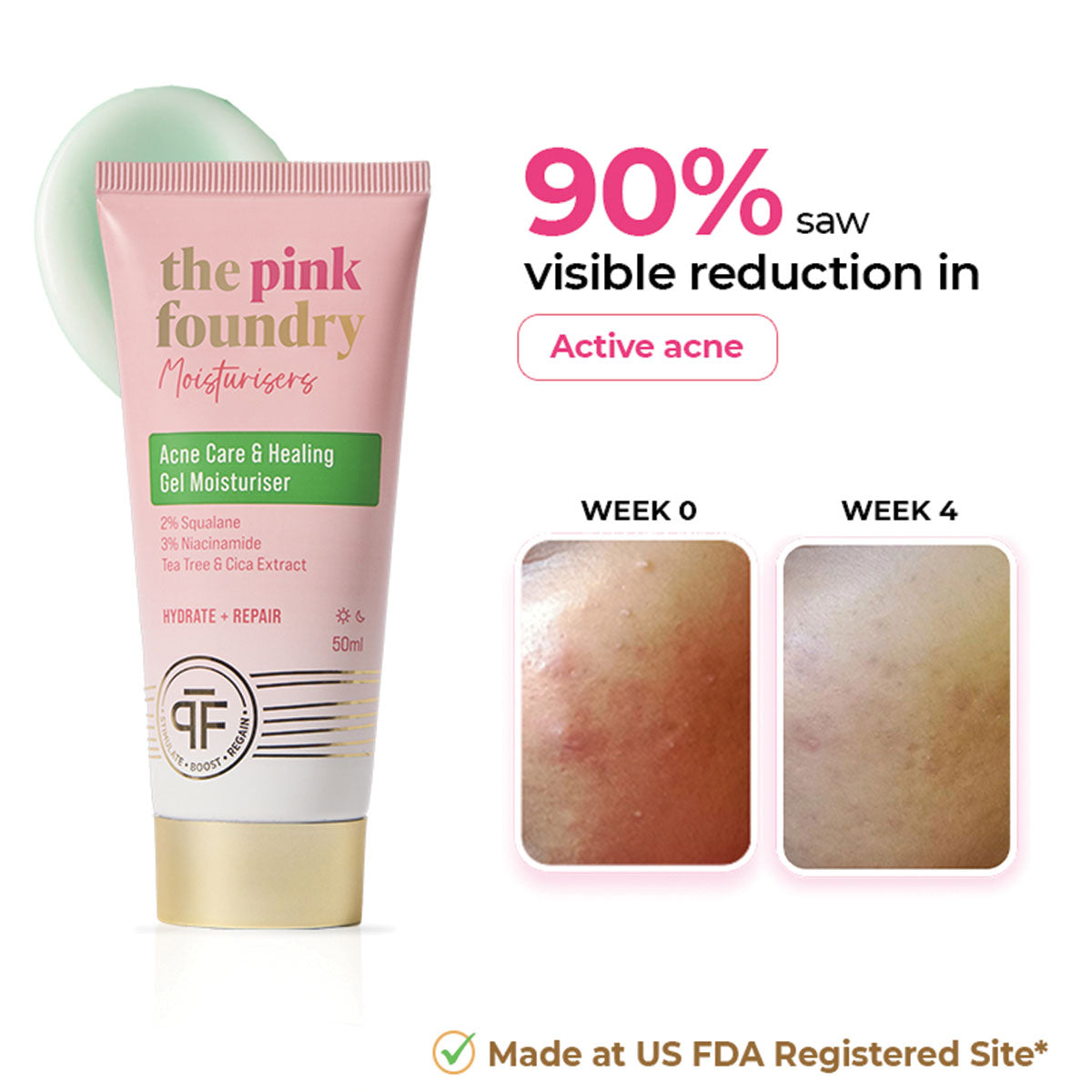
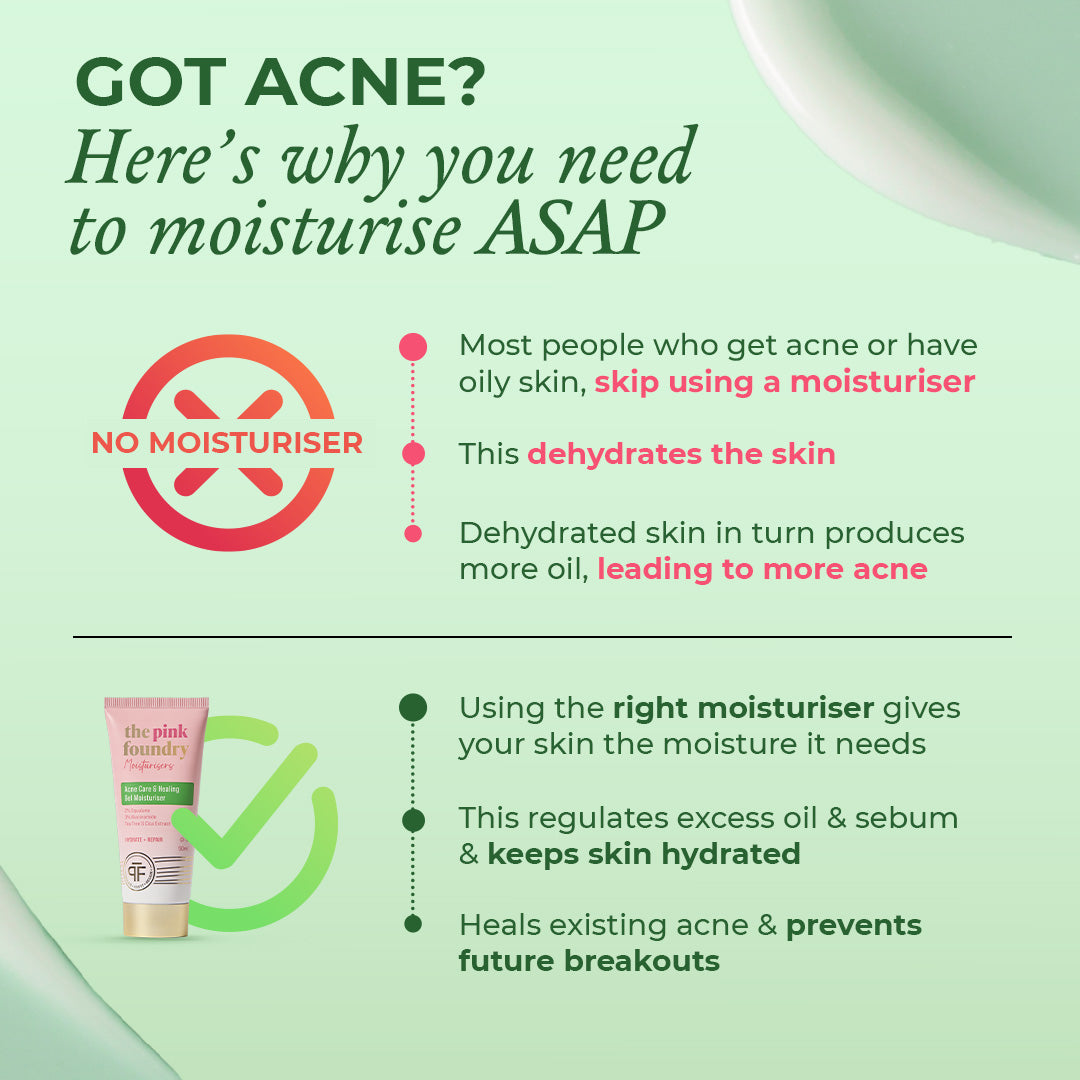










Leave a comment
This site is protected by hCaptcha and the hCaptcha Privacy Policy and Terms of Service apply.